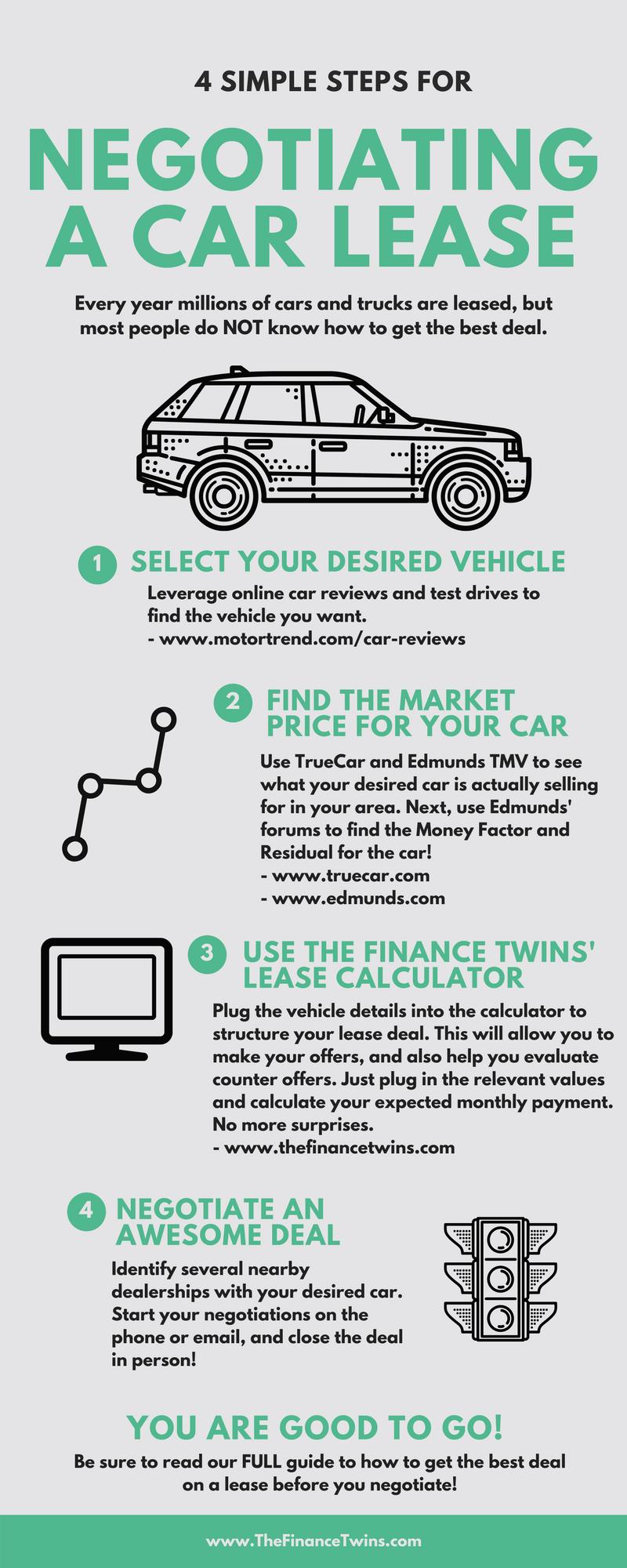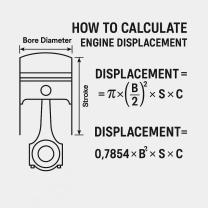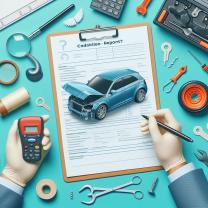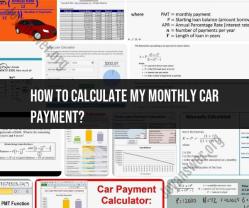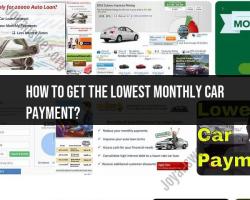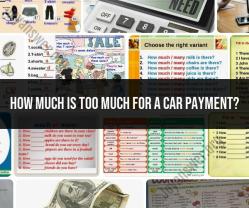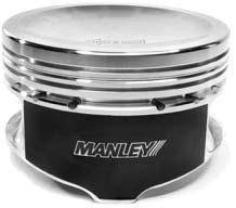How to decide between buying or leasing a car?
Deciding whether to buy or lease a car depends on your personal preferences, financial situation, and driving needs. Each option has its advantages and considerations. Here are key factors to consider when making the decision between buying or leasing a car:
Buying a Car:
Ownership:
- Pros: You own the car, and once you've paid off the loan, you have an asset that you can keep or sell.
- Cons: Monthly loan payments are typically higher than lease payments.
Mileage:
- Pros: You're not limited by mileage restrictions, and you can drive as much as you want without incurring excess mileage fees.
- Cons: Higher mileage may lead to increased maintenance costs and a faster depreciation of the car's value.
Customization:
- Pros: You can customize the car as you see fit, including modifications and accessories.
- Cons: Customizations may not add significant resale value, and some modifications could affect warranty coverage.
Long-Term Savings:
- Pros: Over the long term, buying may be more cost-effective, especially if you plan to keep the car for many years.
- Cons: Upfront costs, including a down payment and higher monthly payments, can be a barrier for some buyers.
Flexibility:
- Pros: You have the flexibility to sell or trade in the car at any time.
- Cons: Depreciation can result in a lower resale value than expected.
Leasing a Car:
Lower Monthly Payments:
- Pros: Lease payments are generally lower than loan payments, making it more affordable to drive a new car.
- Cons: You don't build equity, and at the end of the lease, you don't own the car.
Newer Models:
- Pros: Leasing allows you to drive a new car with the latest features and technology every few years.
- Cons: You're always making payments, and the car is never fully yours.
Lower Repair Costs:
- Pros: The car is typically under warranty during the lease period, so major repairs are often covered.
- Cons: You may still be responsible for maintenance costs, and excess wear and tear can result in additional charges.
Mileage Limitations:
- Pros: Lease agreements often have mileage limits, but if you stay within those limits, you won't incur excess mileage fees.
- Cons: Exceeding mileage limits can result in additional charges, and you may face restrictions on how much you can drive.
No Resale Hassle:
- Pros: You don't have to worry about selling the car or dealing with its depreciation.
- Cons: You have no ownership stake in the vehicle.
Considerations for Both:
Financial Situation:
- Consider your budget, including your monthly cash flow, down payment capabilities, and long-term financial goals.
Driving Habits:
- Evaluate your typical mileage, as leasing may be more suitable for those with lower mileage needs.
Long-Term Plans:
- Consider how long you plan to keep the car. If you prefer a new car every few years, leasing might be more attractive.
Customization Preferences:
- If customizing the vehicle is important to you, buying might be the better option.
Resale Value Awareness:
- If you're concerned about depreciation and want to build equity, buying may be more appealing.
Warranty and Maintenance:
- Consider the warranty coverage and maintenance responsibilities associated with each option.
End-of-Term Options:
- Understand the options available at the end of the lease or loan term, whether it's trading in, buying, or returning the car.
Ultimately, the decision between buying and leasing depends on your individual priorities and circumstances. Take the time to assess your needs, preferences, and financial situation before making a choice. It's also advisable to consult with a financial advisor or an automotive expert to get personalized advice based on your specific situation.
Weighing options: How to decide between buying or leasing a car?
Buying or leasing a car is a big decision, and there is no right or wrong answer. The best way to decide which option is right for you is to weigh the pros and cons of each option and consider your individual needs and circumstances.
Here are some of the key factors to consider when deciding between buying and leasing a car:
- Upfront costs: When you buy a car, you have to pay the full purchase price upfront. When you lease a car, you typically only have to pay a down payment, which is typically much lower than the purchase price of the car.
- Monthly payments: Monthly payments for leased cars are typically lower than monthly payments for financed cars. This is because you are only paying for the depreciation of the car over the lease term, rather than the full purchase price of the car.
- Mileage restrictions: Leased cars typically have mileage restrictions, which can range from 10,000 to 15,000 miles per year. If you exceed the mileage limit, you will be charged a fee for each additional mile.
- Wear and tear: Leased cars are expected to be returned in good condition, so you may have to pay for any excessive wear and tear at the end of the lease term.
Decision-making factors and considerations for individuals choosing between buying and leasing a car
Here are some of the key factors and considerations that individuals should keep in mind when choosing between buying and leasing a car:
- Budget: How much can you afford to spend on a monthly car payment? How much can you afford to put down on a car?
- Driving habits: How many miles do you drive each year? Do you need a car for work or school? Do you have a long commute?
- Personal preferences: Do you like to drive a new car every few years? Do you want to customize your car? Do you want to own your car outright?
Tips for evaluating personal preferences, financial goals, and usage patterns when making the decision
Here are some tips for evaluating personal preferences, financial goals, and usage patterns when making the decision between buying and leasing a car:
- Consider your budget: How much can you afford to spend on a monthly car payment? How much can you afford to put down on a car?
- Think about your driving habits: How many miles do you drive each year? Do you need a car for work or school? Do you have a long commute?
- Evaluate your personal preferences: Do you like to drive a new car every few years? Do you want to customize your car? Do you want to own your car outright?
- Talk to a financial advisor: A financial advisor can help you to assess your financial situation and make the best decision for your individual needs.
By carefully considering all of these factors, you can make an informed decision about whether to buy or lease your next car.
